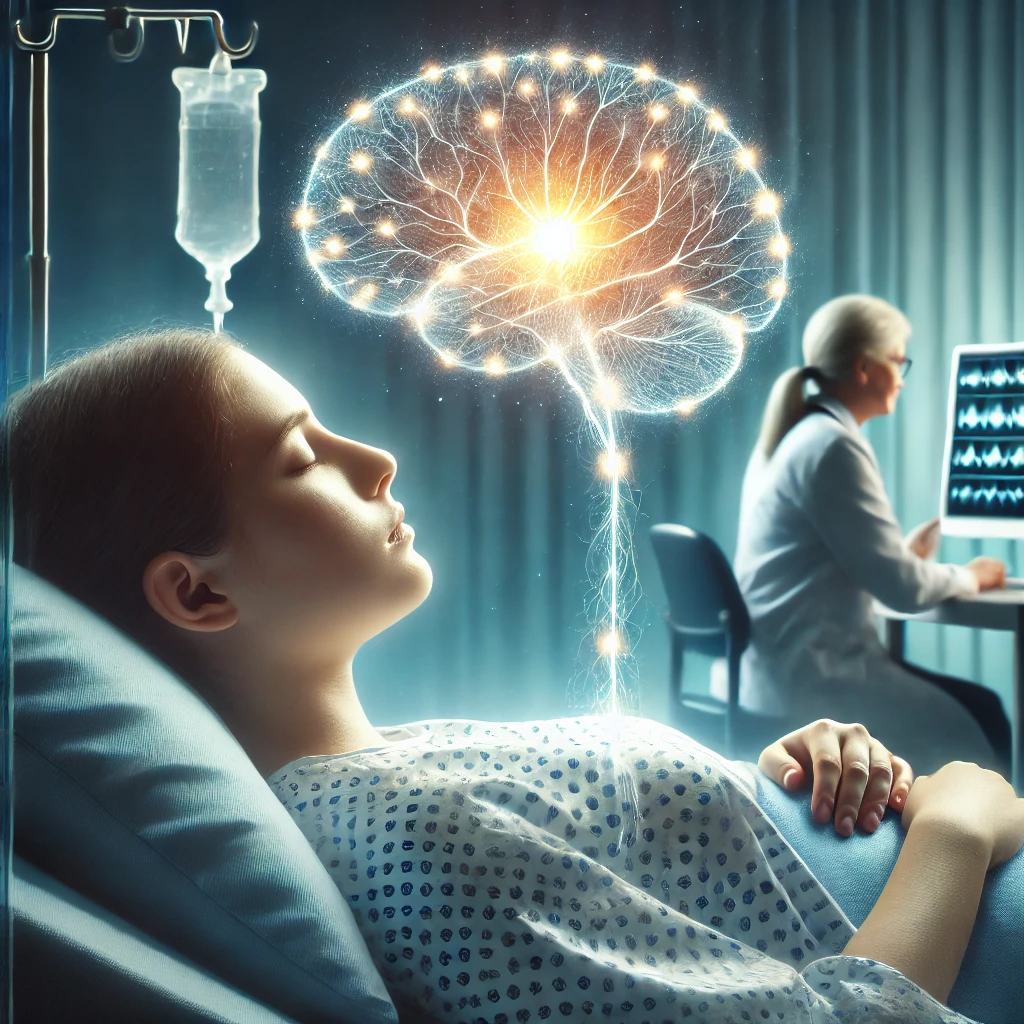Recent research has unveiled a startling discovery: approximately 25% of patients deemed unresponsive due to severe brain injuries may actually retain some level of consciousness.
The Study’s Insights
A comprehensive study involving 353 adult patients with disorders of consciousness revealed that one in four individuals, previously thought to be entirely unresponsive, could perform cognitive tasks upon command. This phenomenon, termed “covert cognition,” indicates that these patients possess conscious awareness despite an outward appearance of unresponsiveness.
Implications for Patient Care
These findings challenge existing perceptions about consciousness in brain-injured patients and carry significant ethical and medical implications:
- Communication and Rehabilitation: Recognizing covert cognition can lead to the development of tailored communication methods and rehabilitation strategies, offering patients a better quality of life.
- Decision-Making: Understanding that some unresponsive patients may be aware necessitates a reevaluation of decisions regarding life-sustaining treatments and end-of-life care.
- Caregiver Interaction: Acknowledging potential awareness encourages caregivers and medical professionals to engage with patients more interactively, fostering a more humane caregiving environment.
Technological Advances in Detection
The study utilized advanced brain imaging techniques, such as functional MRI (fMRI), to detect signs of awareness in patients lacking motor control. These technologies have proven effective in identifying residual cognitive functions, paving the way for more accurate diagnoses and personalized care plans.
Looking Ahead
This revelation underscores the need for ongoing research and the development of innovative diagnostic tools to better understand and identify consciousness levels in unresponsive patients. As our comprehension of the brain evolves, so too will our approaches to treatment and care, ensuring that all patients receive the dignity and attention they deserve.




